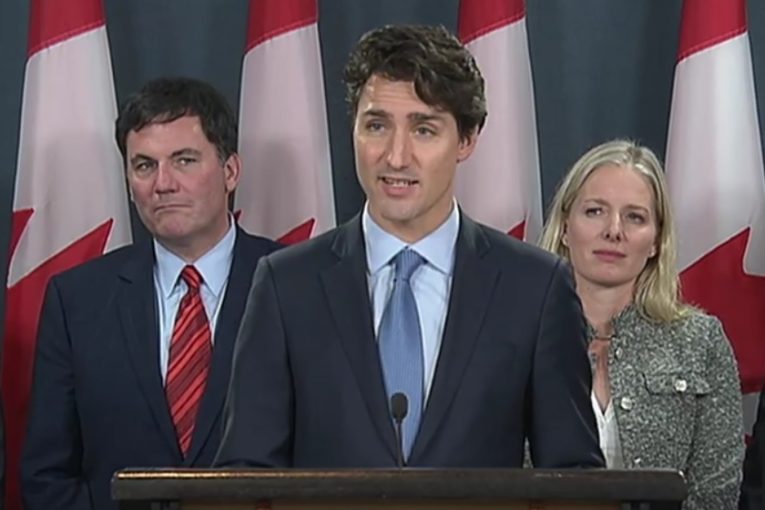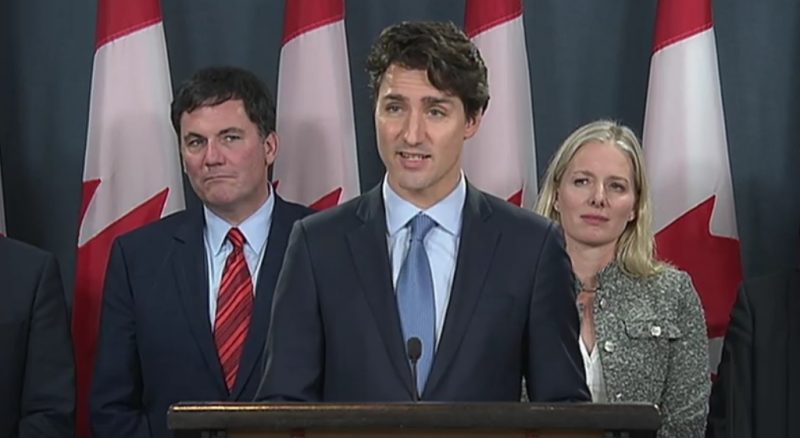
 The Canadian government, which faces growing protests against major energy projects, this week will present plans to improve the way oil pipelines and mines are assessed, two well-placed sources said.
The Canadian government, which faces growing protests against major energy projects, this week will present plans to improve the way oil pipelines and mines are assessed, two well-placed sources said.
Three entities share responsibility for probing the environmental impact of proposed projects, a system the ruling Liberals say the public does not trust.
Ottawa is due to unveil draft legislation creating a single body to look into projects on federally regulated land, said the sources, who requested anonymity because of the sensitivity of the situation. The announcement could come as early as Tuesday.
“There will be one responsible authority,” said one source, adding that the government would stick closely to a plan it issued last June to overhaul the process.
Under that plan, the National Energy Board, which critics say is too close to the industry, would lose the power to assess natural resource projects.
Prime Minister Justin Trudeau says Canadians need more faith in the assessment system. He also stresses the need for Canada to get landlocked supplies of crude to its coasts to fetch better prices.
This does not sit well with green activists and aboriginal protesters who have targeted a number of projects in recent years, citing the risk of spills.
They are now focusing on Kinder Morgan Canada Ltd’s plan to more than double the capacity of its Trans Mountain pipeline from the Alberta oil sands to the Pacific Coast.
Trudeau said on Thursday that the additional pipeline would be built, but protests over the proposed C$7.4 billion ($6.0 billion) expansion could hurt the Liberals in a federal election set for October 2019.
The legislation could take effect by July 2019, one of the sources said. It would have little immediate impact on the energy sector since the National Energy Board will continue to assess existing projects under current rules.
Green groups said they were concerned by a suggestion from pipeline operators that major projects first undergo a test to judge whether they are in the national interest. This, the groups said, would undermine subsequent assessments.
“I’m not overly confident we’re going to see a strong bill that restores Canadian confidence in the environmental assessment system,” said Patrick DeRochie, climate and energy program manager at the Environmental Defence group.
A spokeswoman for Environment Minister Catherine McKenna, who is responsible for pushing the draft legislation through parliament, declined to comment.
(Reporting by David Ljunggren; Editing by Lisa Von Ahn)
You can read more of the news on source



